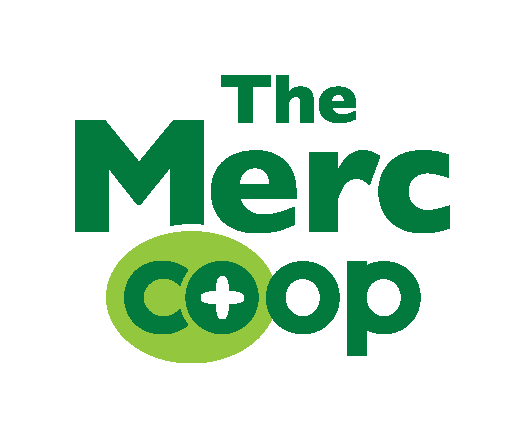Frequently Asked Questions
Congressional Report on Heavy Metals in Baby Food
This document answers common questions about the findings of a Congressional report analyzing levels of heavy metals in leading brands of baby food. There is currently no recall of any products related to this report. National Cooperative Grocers is working with manufacturers implicated in the report to provide statements in response to these findings (see below).
This information is accurate as of February 9, 2021.
What are examples of heavy metals and where do they come from?
Heavy metals include arsenic, lead, cadmium and mercury. Although these metals are naturally found in our environment, industrial activity has increased the levels present in the air, water and soil, turning them into persistent environmental contaminants accumulating in our food supply.
Are heavy metals present in food?
People are exposed to heavy metals primarily through consumption of plants and animals. Because of the way they are grown, some plants, like rice and root vegetables, have a higher absorption rate of some heavy metals than others. Animal products can be a higher source of heavy metals for people if the animal has been consuming contaminated plants during its lifetime. Additionally, some additives like vitamin/mineral pre-mixes may be contaminated with toxic heavy metals.
What are the risks from exposure to heavy metals?
Some heavy metals are known carcinogens. Exposure to high levels of heavy metals is especially dangerous in infancy and childhood as exposure may endanger neurological development and brain function and result in delayed growth.
Are baby foods more likely to contain these elements?
There is not enough research available at this time to make a definitive conclusion but heavy metals may be present in many ingredients of both adult and baby foods. The Congressional report may be focused on baby food because food contaminated with heavy metals poses an immediate and irreversible developmental risk to infants and children.
How can organic brands have this contamination?
Organic certification requires that organic producers manage their farms “in a manner that does not contribute to contamination of crops, soil, or water by plant nutrients, pathogenic organisms, heavy metals, or residues of prohibited substances.” Because these environmental contaminants are present in our air, water and soil, they may be present even on organic farms. Synthetic pesticides and fertilizers are prohibited in organic farming, reducing consumer exposure to persistent, toxic chemicals overall.
What is the organic industry doing about this issue?
The organic industry is working on the issue of environmental contamination. NCG member co-ops belong to The Organic Trade Association (OTA), an organization researching best practices and monitoring tools, such as testing, to mitigate heavy metals in organic foods. OTA has also worked with the FDA to establish meaningful limits of arsenic to protect consumers. They are invested in research to mitigate arsenic in rice and extending their work to cover other heavy metals.
Recommendations for parents
The Congressional report recommends that until manufacturer and federal regulations improve, parents remain vigilant and avoid baby foods that contain ingredients testing high in toxic heavy metals, such as rice products. Recommendations from Healthy Babies Bright Futures, an alliance of nonprofit organizations, scientists and donors that conducts and analyzes scientific research and data to measurably reduce babies’ exposure to toxic chemicals, are available in the graphic below.
What happens next?
The Congressional report recommends that FDA should set maximum levels of heavy metals permitted in baby foods and require baby food manufacturers to test finished products (as well as ingredients) for toxic heavy metals and report levels on baby food labels. The report also recommends that manufacturers voluntarily find substitutes for ingredients that are high in heavy metals, or phase out products with high amounts of heavy metals, like rice.
What can concerned citizens do?
Contact your U.S. Representative and Senators and specifically ask them to:
Support increased regulations through FDA to test all baby products for toxic heavy metals, not just the ingredients used to make the food and
Require manufacturers to report levels of toxic heavy metals on food labels.
Express support for federal policies that strengthen environmental regulations prohibiting companies from using processes and products that increase the level of these persistent environmental contaminants (and many others) in our environment and ultimately, our food supply.
Resources
Congressional report, Baby Foods Are Tainted with Dangerous Levels of Arsenic, Lead, Cadmium and Mercury
U.S. Food and Drug Administration: Metals and Your Food, including separate pages that talk about arsenic, lead, mercury and combination metals testing (lead + cadmium).
Environmental Working Group (EWG): FDA Fails to Protect Our Babies from Exposure to Heavy Metals
Healthy Babies Bright Futures: What’s in My Baby Food?










